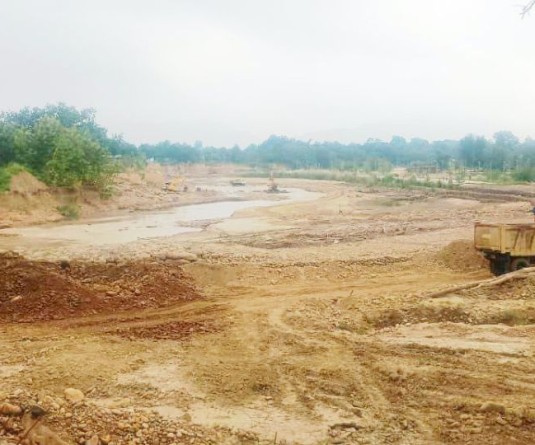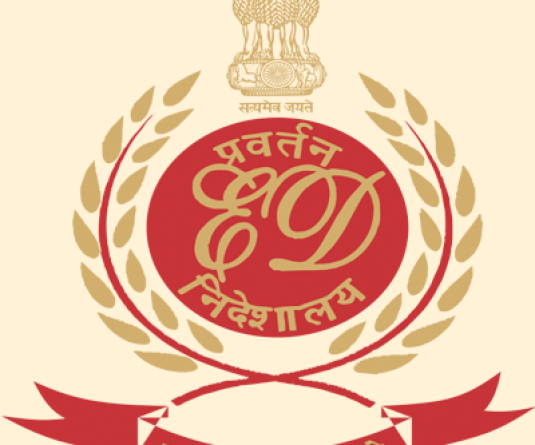
Our Correspondent
Kohima | February 27
During 2018-19, an amount of Rs 9600.00 lakh has been received under Grant-in-aid/special financial assistance to rural local bodies in Nagaland for those areas not included in Part- IX and Part IX A of the Constitution during 2017-18, from the Ministry of Finance and to be implemented during 2018-19, which is inclusive of restoration of backlogged funds for 2014-15, 2015-16 and 2017-18.
This was stated in the Annual Administrative Report 2018-19 of the department of rural development tabled on the floor of the House Monday.
The report stated that during the year 2018-19, an amount of Rs. 3500.00 lakhs has been proposed under this programme for allocation of funds to the Village Development Boards (VDBs) to take up income generating schemes as well as infrastructures development in the villages.
Release of fund is awaited, the report stated.
The report stated that Grant-in-aid to VDBs is one of the major state sponsored programme being implemented by the rural development department through the VDBs.
There are 1285 VDBs in the state with 2,50,315 taxpaying households.
Funds under this programme are allocated on the basis of number of taxpaying households @Rs 1000 for implementation of developmental activities.
“This is the only programme which ensures the participation of women folk in the activities of VDBs by earmarking of 25% of the fund allocated to the village,” the report stated.
Another 20% of the fund is also earmarked for youth programme in all the villages. This scheme ensures the active participation of all section of the rural people in taking up activities that is sustainable to their needs.
In addition, the report stated, a mandatory scheme called VDB welfare Fund is in place. Under this sector, funds are deposited @ Rs 10,000 per villages having 50 households and below and Rs. 200 per household for village having 51 households and above from the general allocation to mobilize resources for the VDBs to supplement their activity.
The report stated that the deposits are made annually for a period of six years and at maturity the interest accrued will be utilized for the scheme and the seed money is re-invested, creating a continuous cycle of resource to supplement the grants provided by the state.
“Under this scheme, income generation is being emphasized to be implemented to improve the economy of the rural areas,” the report added.


.jpg)



